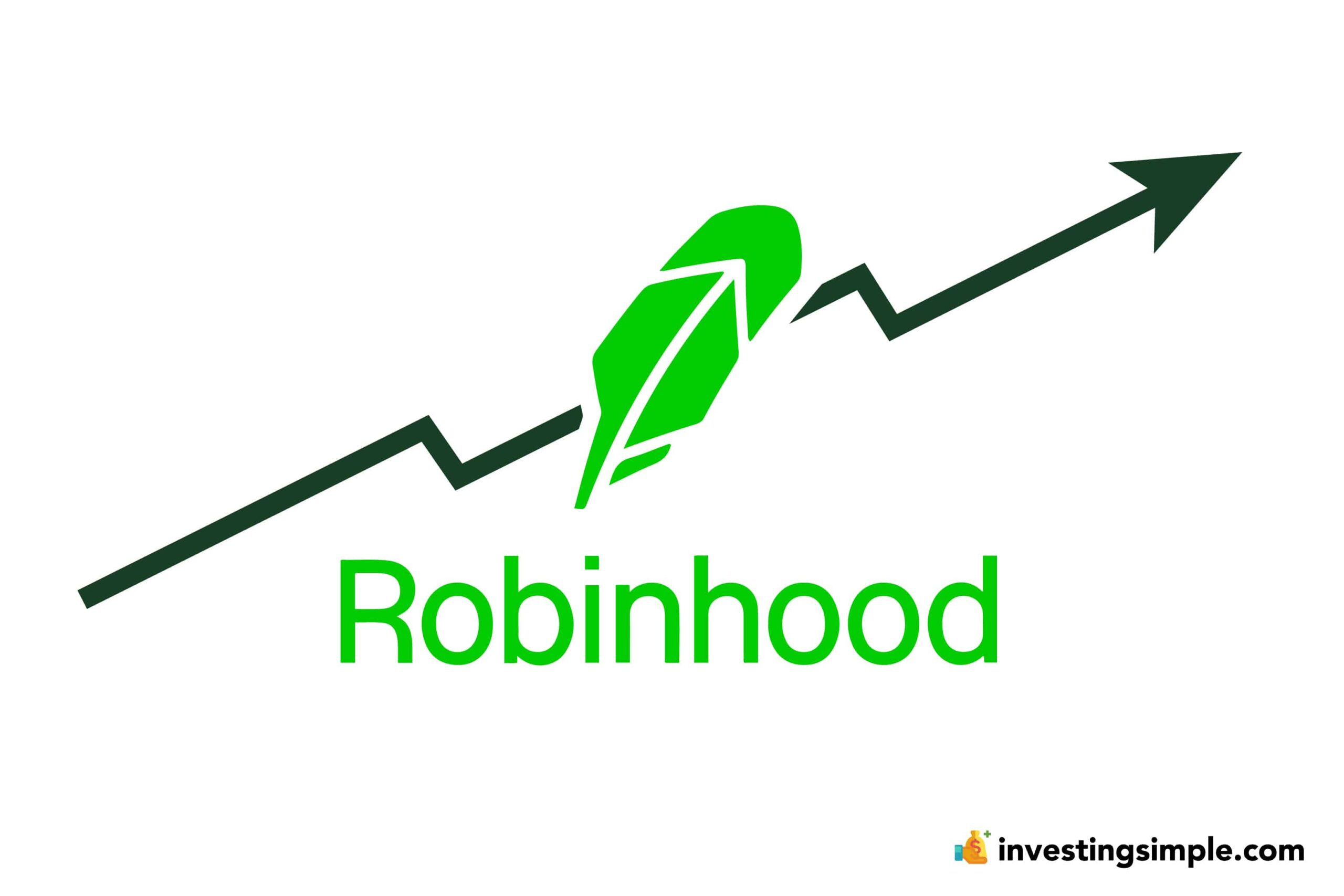





Robinhood is one of the most popular investing app available.
This is the app that kicked off the commission free trading revolution that led to almost all brokerage platforms ditching trading commissions altogether.
So, let's dive into the numerous ways in which it is possible to make money using the Robinhood app.
However, do keep in mind that investing in financial markets carries risk.
It is 100% possible to lose money using the Robinhood app in terms of buying a stock, cryptocurrency or other asset that declines in value.
Don't forget to grab your free stock worth up to $200 from Robinhood today!
Robinhood is a popular "all-in-one" investing app.
While they are most well-known for their commission free stock trading, they've recently shaken up the Retirement Investing World too.
Introducing Robinhood Retirement; home of the biggest IRA match on the market.
Here's what you need to know:
And don't worry, this comes with a Portfolio Builder Tool. You don't have to construct your investment portfolio from scratch if you don't want to.
Lastly, you'll even get a free stock worth up to $200 when you open a new Robinhood account using our link.
Since Robinhood is a publicly traded company that offers numerous financial products, there are a few different ways to potentially make money with them:
Let's go into more detail about each one of these now!
Perhaps the easiest way to make money with Robinhood is getting your free stock.
Use our button above to get a free fractional share worth $5 to $200 when you open an account!
As soon as you link your bank account after opening the brokerage account, you can pick your gift stock from a list of 20 of America’s leading companies.
Since this is totally free, it's a guaranteed way to make money with Robinhood.
When you buy shares of stocks and/or ETFs on Robinhood, it is possible that some of these will pay out dividends.
Typically, dividends are paid out on a quarterly basis. They are deposited to your cash balance within your brokerage account by default.
But remember, there’s an option to reinvest those dividends to purchase more shares automatically. To enable this feature, you will need to go to your account settings.
Robinhood offers this dividend reinvestment, assuming you also have fractional shares enabled. Reinvesting dividends allows you to maximize compound interest.
While there's no guarantee that these companies (or any company) will continue to pay dividends, a strong track record is always a good sign.
Asset appreciation means making money through the increase in the share price of a financial asset like a stock.
Let's say you bought 10 shares of Coca Cola stock for $50 a share and later sold them for $60.
Your shares appreciated in value, allowing you to make about $100 in capital gains - or $10 per share.
It is also possible to own a stock that pays dividends while appreciating in value.
Keep in mind, though, stocks can also decline in value. This is often a result of broad economic factors that may have little to do with the company itself.
Since Robinhood also offers a selection of cryptocurrencies available for trading, it is possible to make money with these as well.
Crypto markets are extremely volatile, meaning prices go up and down a lot. It's very easy to lose money in crypto.
In addition, cryptocurrencies are not yield bearing. They don't pay out dividends like certain stocks do. This means the only way to make money from them is asset appreciation.
So, the only way to make money investing in crypto on Robinhood is to buy and hopefully sell for a higher price later.
Options trading is a financial strategy that allows individuals to speculate on the price movement of assets like stocks, currencies, or commodities.
Options contracts are used for various purposes, including hedging against price fluctuations, speculating on asset price movements, and generating income through option writing.
However, options trading involves significant risks, and understanding the dynamics of options is crucial before trading them.
With options trading, experienced traders can make money. But they can also lose a fortune - even 100% of their investment - rather quickly too.
Robinhood stock itself is publicly traded.
The stock trades on the NASDAQ under the symbol HOOD.
Like any investment, Robinhood stock carries with it risk. If Robinhood is able to keep up the growth, it's possible that the share price may climb.
However, since their IPO in 2021, the share price has declined significantly.
An IPO or initial public offering describes the process of a private company offering its shares to the public for the first time. In the past, these deals have usually been reserved for large institutional investors.
However, Robinhood now gives everyday investors the ability to invest in some of these IPOs. Within the app, you can see which IPO's are currently available.
At that point, you put in a request for how many shares you want. There's no guarantee you will get all the shares you are looking for, since it is a random and equal system.
While it is possible to make money getting in early on the next big IPO, most companies tend to go down in value after going public - including Robinhood (HOOD) stock itself.
Lastly, for those who want to earn interest on their idle cash, Robinhood offers a Cash Management product. This allows you to get paid, pay bills, send checks and earn interest all in one place.
So, if you decide to use this, you will earn interest on your deposits within this account. Robinhood itself isn't a bank. Instead, they partner with existing FDIC insured banks.